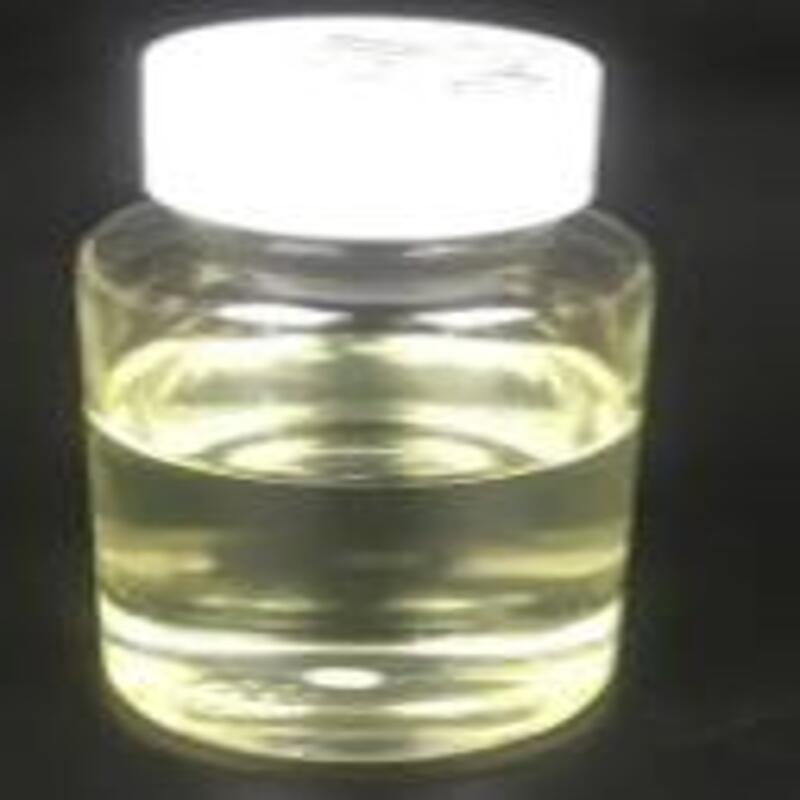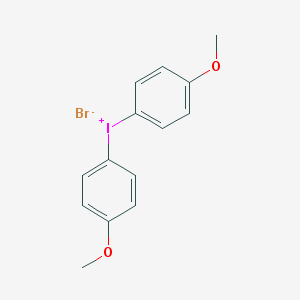Chemical Reagents
- • Deuterated Reagents (124)
- • Organic Reagents (9948)
- • Silane Reagent (852)
- • Chiral Chemicals (23)
- • Grignard Reagent (5)
- • Desulfurizer (20)
Related News
-
What Reagent Is Used To Test For Starch
2022-03-03 -
Meditex Bangladesh2019
2018-11-09 -
International Exhibition for Laboratory Equipment and Chemical Reagents
2017-06-20
Sort Organic Reagents Alphabetically
Organic Reagents
-
- / 99.00%
-
Industrial Grade / 98%
-
Industrial Grade / 95%
-
![ISOCYANOBENZENE buy ISOCYANOBENZENE]()
Industrial Grade / 99%
Request for quotation , get quotes from more suppliers.
-
Industrial grade / 99%
-
industrial Grade / 98%
-
![Isovaleryl chloride buy Isovaleryl chloride]()
-
![Isovaleryl chloride buy Isovaleryl chloride]()
-
Industrial Grade / 99%
-
Pharmacy Grade / 99%
-
![ISOPROPYL OLEATE buy ISOPROPYL OLEATE]()
Industrial Grade / 99.0%
-
![9-Octadecenoic acid(9Z)-, 1-methylethyl ester buy 9-Octadecenoic acid(9Z)-, 1-methylethyl ester]()
Request for quotation , get quotes from more suppliers.
Iodoacetic acid N-hydroxysuccinimide ester
(39028-27-8)-
![N-SUCCINIMIDYL IODOACETATE buy N-SUCCINIMIDYL IODOACETATE]()
-
![IODOACETIC ACID N-HYDROXYSUCCINIMIDE ESTER buy IODOACETIC ACID N-HYDROXYSUCCINIMIDE ESTER]()
Industrial Grade / 99.00%
-
![IODOACETIC ACID N-HYDROXYSUCCINIMIDE ESTER buy IODOACETIC ACID N-HYDROXYSUCCINIMIDE ESTER]()
-
![N-SUCCINIMIDYL IODOACETATE buy N-SUCCINIMIDYL IODOACETATE]()
Industrial Grade,Pharma Grade / 99%
Request for quotation , get quotes from more suppliers.
Isochroman-4-one
(20924-56-5)-
Industrial Grade / 95%
-
![ISOCHROMAN-4-ONE buy ISOCHROMAN-4-ONE]()
-
![ISOCHROMAN-4-ONE CAS NO 20924-56-5 buy ISOCHROMAN-4-ONE CAS NO 20924-56-5]()
Industrial Grade, Feed Grade, Food Grade, Pharma Grade / 99%
$11.11/KG EXW
-
![ISOCHROMAN-4-ONE buy ISOCHROMAN-4-ONE]()
Request for quotation , get quotes from more suppliers.
-
- / 99.00%
-
![1,2,3,6-Tetrahydro-4-methylphthalic anhydride buy 1,2,3,6-Tetrahydro-4-methylphthalic anhydride]()
-
![1,2,3,6-Tetrahydro-4-methylphthalic anhydride buy 1,2,3,6-Tetrahydro-4-methylphthalic anhydride]()
Industrial Grade / 99%
-
![1,2,3,6-tetrahydro-4-methylphthalic anhydride buy 1,2,3,6-tetrahydro-4-methylphthalic anhydride]()
Different Grade / 99.9%
$0.1/KG EXW
Request for quotation , get quotes from more suppliers.
-
- / 99.00%
-
- / 98%
$1/KG EXW
-
- / 99%
-
![Iron(III) trifluoromethanesulfonate buy Iron(III) trifluoromethanesulfonate]()
Industrial Grade / 99%
Request for quotation , get quotes from more suppliers.
Indazole-4-boronic acid, hydrochloride
(1023595-17-6)-
- / 98%
$1/KG EXW
-
- / 99.00%
-
Industrial Grade / 95%
-
![Indazole-4-boronic acid, hydrochloride buy Indazole-4-boronic acid, hydrochloride]()
Industrial Grade / 99%
Request for quotation , get quotes from more suppliers.
Isocaproaldehyde
(1119-16-0)-
- / 99.00%
-
Industrial Grade / 95%
-
![4-methylvaleraldehyde buy 4-methylvaleraldehyde]()
Industrial Grade / 99.0%
-
![4-Methylvaleraldehyde buy 4-Methylvaleraldehyde]()
Request for quotation , get quotes from more suppliers.
Iodonium, bis(4-methoxyphenyl)-, bromide (1:1)
(19231-06-2)-
- / 99.00%
-
Pharmacy Grade / 99%
-
![bis(p-methoxyphenyl)iodonium bromide buy bis(p-methoxyphenyl)iodonium bromide]()
Industrial Grade / 99.0%
-
![bis(p-methoxyphenyl)iodonium bromide buy bis(p-methoxyphenyl)iodonium bromide]()
Request for quotation , get quotes from more suppliers.
Source Organic Reagents Raw Materials by Region
More Information
Organic reagents, which are essential in many branches of chemistry, are the main actors in organic transformations and synthesis. These organic chemistry reagents are very important in building large molecules and are involved in reactions that include oxidation, reduction, substitution and polymerisation. Some of the most commonly used organic reagents include acids, bases and solvents all of which play different roles in chemical reactions. In many industries for instance the pharmaceutical industry, agriculture and materials science, these reagents have played a major role in developing new products and technologies.
Applications of organic reagents include:
● Pharmaceutical drug synthesis
● Agrochemical production
● Polymer manufacturing
● Dye and pigment creation
● Catalysts in industrial applications
● Fine chemical development











































